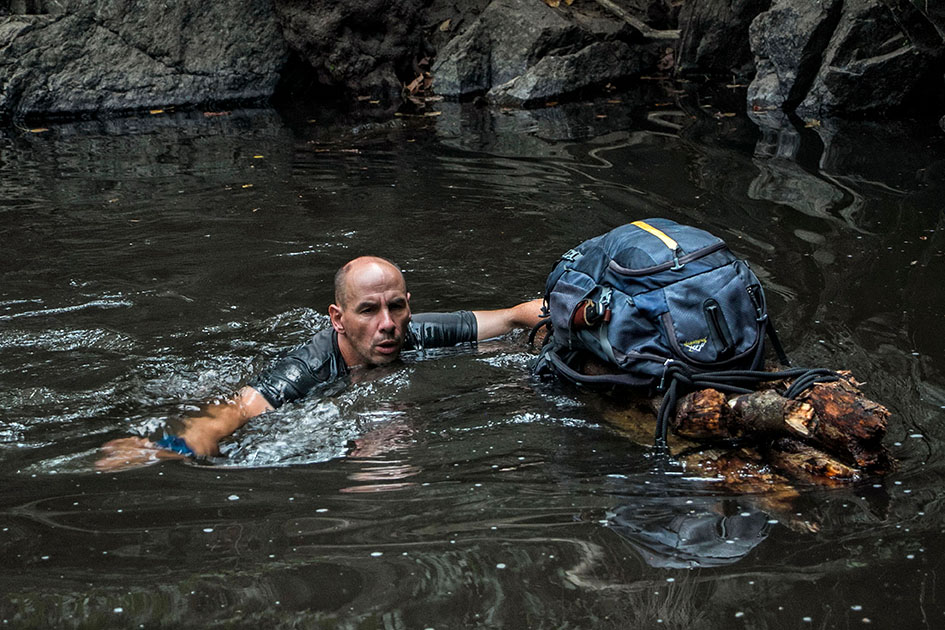
survival
Definition
Survival is the ability of an organism to continue to exist in a hostile or difficult environment. It is the ability to find food and water, to stay warm and safe, and to avoid danger. Survival is important for all living things, including humans, animals, and plants.
Survival is a complex process that involves many different factors. These factors include the organism's physical and mental abilities, its environment, and its interactions with other organisms.
There are many different strategies that organisms use to survive. Some organisms are generalists, which means they can survive in a wide variety of environments. Other organisms are specialists, which means they are adapted to a specific environment.
Humans have developed many different strategies for survival. We have built shelters, developed agriculture, and created technology to help us find food and water. We have also developed laws and governments to protect ourselves from harm.
Survival is a constant challenge for all living things. The environment is constantly changing, and organisms must adapt to these changes in order to survive.
How can the word be used?
Survival is also influenced by the individual's or group's ability to adapt to their environment.

Different forms of the word
Noun: survival.
Adjective: surviving.
Verb: to survive.
Etymology
The word "survival" comes from the Latin word "supervivere", which means "to live beyond". It was first used in English in the 14th century.
There are no other forms of the word "survival".
The etymology of the word "survival" is interesting because it shows how the word is related to its meaning. The word "supervivere" literally means "to live beyond", and survival literally means "the state of living beyond".
Question
What is survival?
AQA Science Exam Question and Answer
Question:
Explain the concept of adaptation and its significance for the survival of species. Describe how adaptations are developed over generations and provide an example of an animal adaptation that enhances survival in a specific environment.
Answer:
Adaptation is a fundamental biological concept that refers to the process by which organisms change over time to better suit their environment, enhancing their chances of survival and reproduction. These changes occur through natural selection, where traits advantageous for survival are favoured and passed on to subsequent generations.
Over generations, organisms with beneficial adaptations are more likely to survive, reproduce, and pass on their advantageous traits. As a result, populations gradually accumulate adaptations that increase their fitness within their specific ecological niche.
An example of adaptation can be seen in the Arctic fox, which boasts a thick fur coat that changes colour with the seasons. In winter, its fur turns white to blend in with the snowy surroundings, providing camouflage from predators and enabling efficient hunting. In summer, the coat changes to a brownish-grey colour, matching the tundra's appearance.
This remarkable adaptation allows the Arctic fox to thrive in a harsh and ever-changing environment. Understanding adaptation is key to comprehending the diversity of life and the intricate ways in which species evolve to endure various challenges, highlighting the dynamic interplay between genetics, environment, and survival strategies.